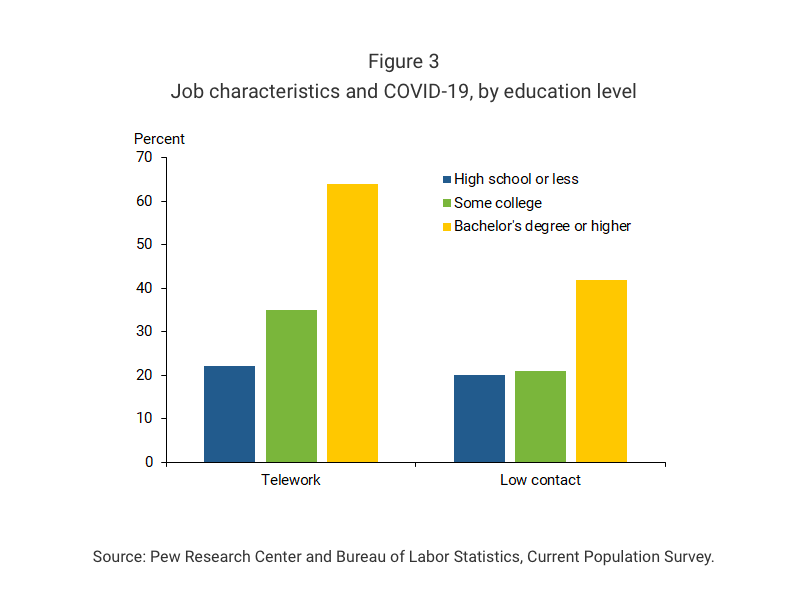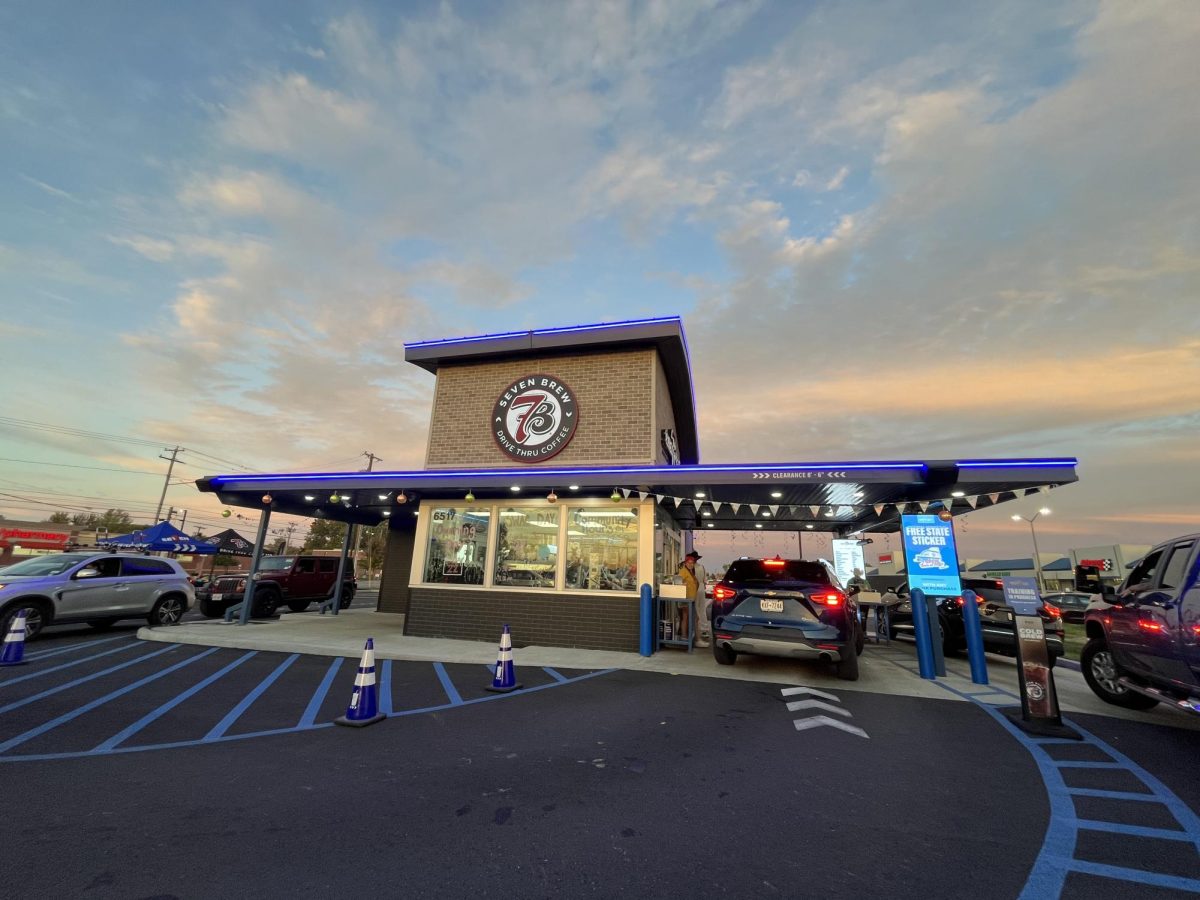As college seniors begin to prepare for graduation, they are also simultaneously preparing to enter the workforce. Many are editing their resumes, some are seeking networking opportunities on websites like LinkedIn, while others are practicing their interviewing skills. However, as the year-long pandemic continues and graduation approaches, these simple tasks can better prepare the soon-to-be college graduates to enter this new type of workforce.
According to data from FRED Economic Research, when the nationwide shutdown began in early March, unemployment went from 8.3 percent in January of 2020 to 10.2 percent at the end of March. Just a month later, at the end of April, unemployment skyrocketed to 27.4 percent for the age group of 15 to 24-year-olds in the workforce.
As businesses began to shut down entirely, high rates of unemployment were rising as well. Companies that operated from home were becoming more interested in this new remote-work arrangement during the pandemic. Yet, what seemed to be a short-term inconvenience in remote working, in the beginning, is now becoming more popular among employers and can appear to be a permanent shift to the workforce.
According to the U.S Bureau of Labor Statistics, one in four people working in August of 2020 were either teleworking or working from home. Only 3% had less than a high school diploma compared to 44% who had a bachelor’s degree or higher.

The impact of covid-19 on the workforce is evident as it drastically affects those with high school education and bachelor’s degree or higher. Yet, this is a sign of advantage for the college graduates of 2021.
When colleges and universities shifted from in-person to remote learning, many college students found it challenging to adapt, which led many to complain and encourage colleges to switch to more lenient grading to compensate for the sudden switch from in-person to online learning. Still, students who got to experience this transition in their education and their social life might appear to have the upper hand in this new work environment that seems to be a permanent change.
Cristiano Palumbo, a 23-year-old Psychology major at Brockport, is one of several students who are grateful for experiencing the last three years of his college education in person because of the interpersonal communication skills.

“I think online learning has taken an element away from interacting with people. In-person, you’re able to communicate what you’re trying to say, and it does not get miscommunicated, but at the same time, I found that you can reach out to people easier, and you can get responses quicker,”́ said Palumbo.
These are just some obstacles college students have dealt with since the transition to online. However, other students find this to be a helpful tool for future jobs. Paul Manno, a 22-year-old journalism and broadcasting major, enjoys the online structure because he believes he has gained skills to apply to his future career.
“For myself, I’m not good at technology at all, but through these courses, especially with web writing with professor Kim Young, I’ve been learning how to work with new writing tools and all these other sites that I’ve never used. I think online schooling has the benefit of further enhancing one’s knowledge of technology in that aspect,”́ said Manno.

A person’s online schooling experience varies with each student, but students now have gained more online expertise than any previous college graduate has. Working remotely is earning interest for many companies even after the crisis is over.
About 66 percent of New York City’s companies are now considering a hybrid model, working from home some days than remote others. In comparison, only 22 percent of employers will require employees to return to the office full-time. Fortunately, this exact structure is what college students have had to deal with for almost a year and a half. It makes them the perfect candidate for this work environment and gives them the upper hand in this case.
Palumbo is one of those students who feel confident to reenter the workforce because he has familiarized himself with both structures. He managed to have various jobs before covid, which had enabled him to improve and apply problem-solving and critical thinking skills in person and online.
“I don’t think it’s going to impact me directly, but for other people, it might be pretty difficult if they don’t have that background,” said Palumbo.
Not all students are so fortunate. For example, one of Manno’s fears is not applying for a job but landing the interview. Since remote learning for college students has changed how we interact with our peers and strangers in general, Manno feels job interviews have entirely changed and might ruin someone’s chance of landing their dream job.
“Since times are so unpredictable, the only way you’re going to find out how hard it is to get a job is when we start applying,” said Mano.
“In-person is much easier because you get to interview face-to-face. The other day I had an interview, and I couldn’t even shake his hand. It sounds small, you know, and even corny, but shaking someone’s hand is such a big element in an interview, and it’s like, I can’t even do that,” Manno continued to say.
Although interviewing for jobs can be scary, the pandemic has exaggerated that fear. In the past year and a half, the general population has had little to no social interactions with strangers.
College students who actively engage with new people in classrooms and on campuses have lost that ability entirely. College courses are structured to prepare students to work in teams for organizations through group work and presentations. Yet, this type of structure is no longer used in many courses, affecting their ability and skill to manage or work effectively with strangers.
As states begin to reopen and companies bring workers back into physical spaces, college graduates prepare to enter this new hybrid style of remote working. Although Covid-19 has been an unpredictable time for almost everyone in any industry, one thing college students can be confident in is their ability to adapt to any sudden change to their environment quickly.






















